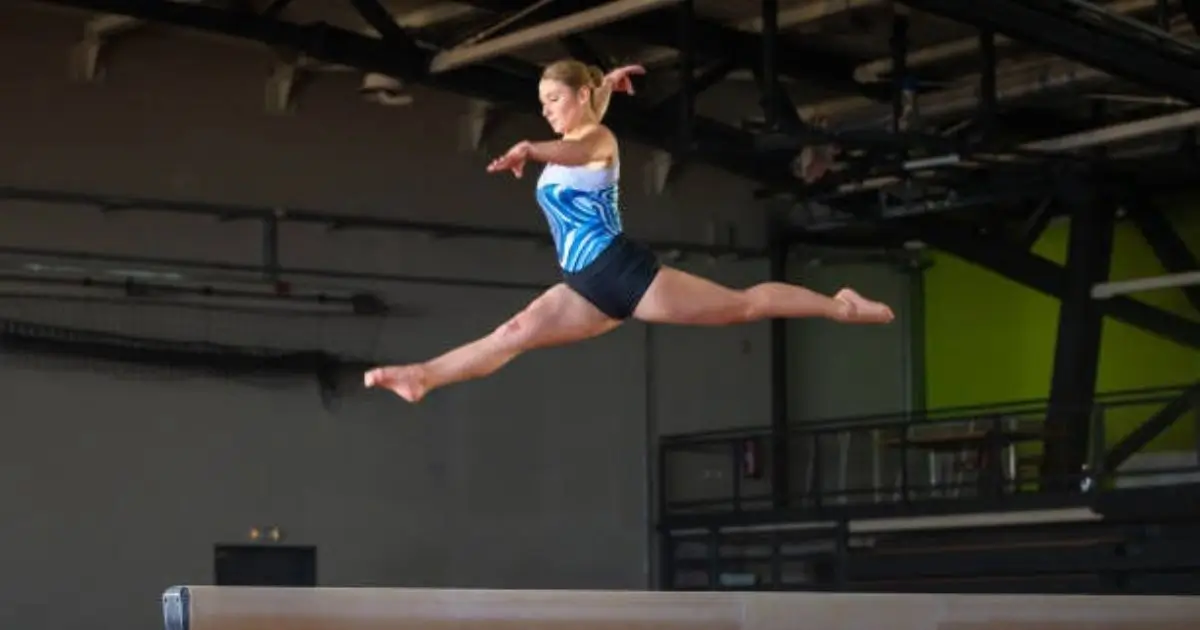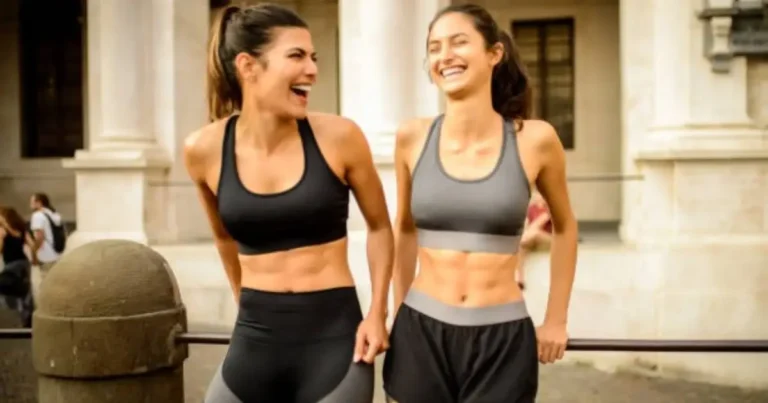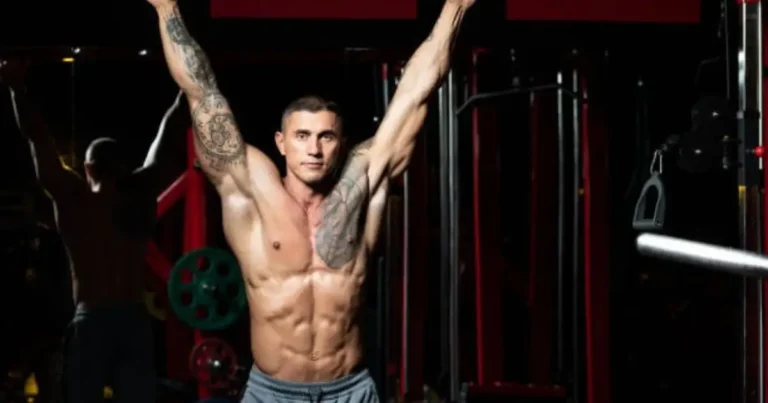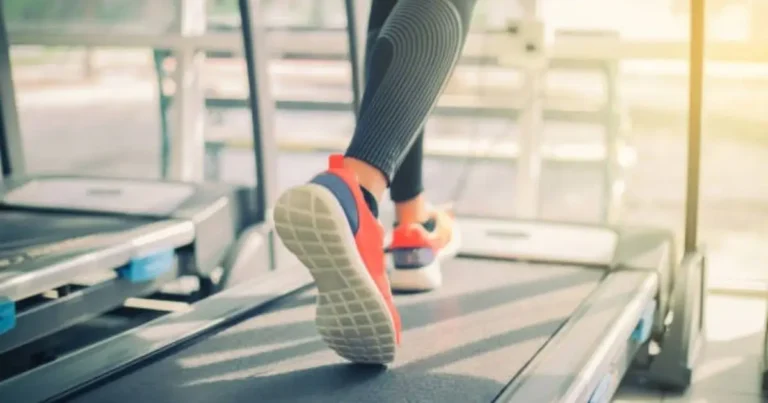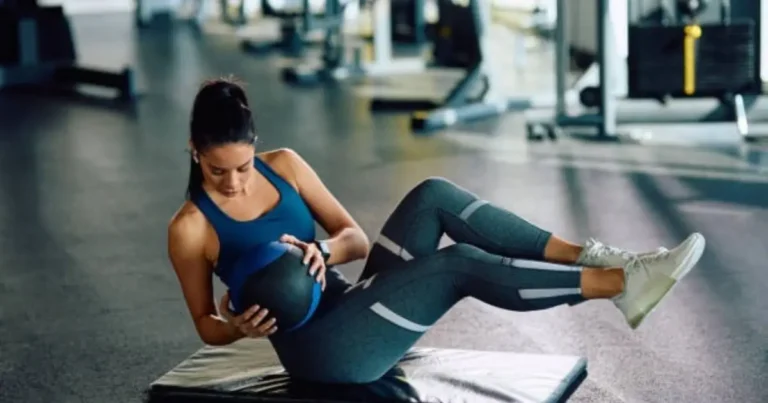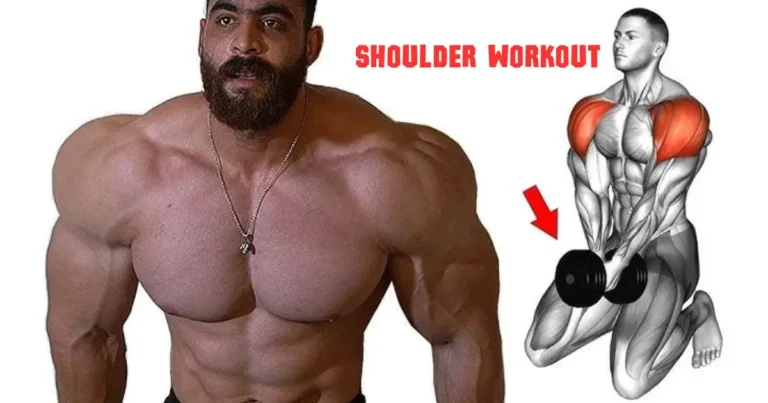The Complete Guide to Full Body Gymnastics Workouts: Strength, Flexibility, and Control Like Never Before!
Unlock Unstoppable Strength and Agility with Gymnastics Workouts: Sculpt Your Body and Master Movement!
If you’ve ever wondered, “What are the best gymnastics exercises for a full body workout?” you’re not alone. A full body gymnastics workout blends functional strength, flexibility, and body control into one dynamic training session. In this guide, you’ll learn how to build balanced strength, improve joint mobility, and enhance coordination through progressive gymnastics-inspired movements.
NLP Keywords: calisthenics training, bodyweight skill drills, mobility and stability exercises
Table of Contents
Why Gymnastics Exercises for Full Body Fitness?
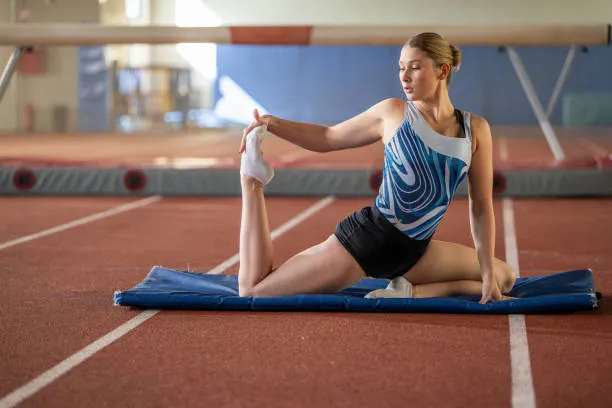
- Full Body Strength: Rings, parallettes, and floor drills engage multiple muscle groups at once, creating balanced development.
- Functional Fitness: Gymnastics movements mimic real-life demands, improving everyday performance and injury resilience.
- Flexibility & Mobility: Dynamic drills and static holds boost joint range of motion, from wrists to hips.
- Body Awareness & Control: Practicing holds and progressions enhances proprioception, balance, and coordination.
- Mental Toughness: Learning complex skills fosters discipline, patience, and focus—qualities that translate beyond the gym.
Secondary Keywords: bodyweight lifestyle, functional bodyweight workout
Essential Gymnastics Exercises for a Full-Body Workout
Below are the foundational exercises adapted for general fitness. Each targets strength and flexibility simultaneously.
Core Exercises
- Plank Variations (Regular, Forearm, Side): Maintain a straight line from head to heels, bracing abs.
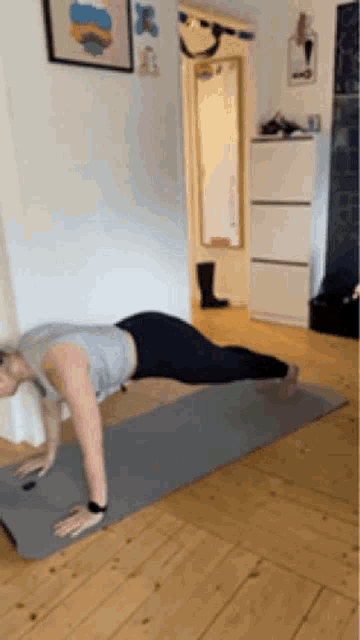
- Hollow Body Hold: Lie on your back, lift arms and legs off the ground, tighten core.
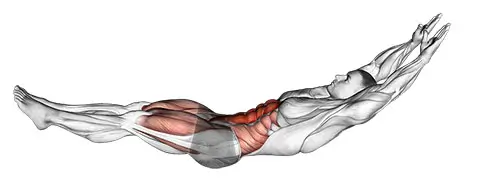
- L‑Sit Progressions: From dip bars or parallettes, lift legs and hold at hip height.
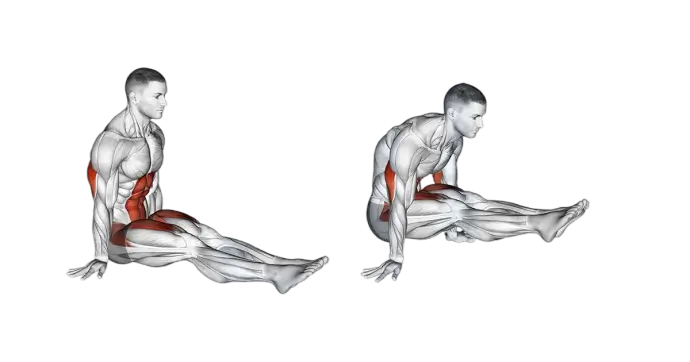
- V‑Ups: From supine, lift the torso and legs to form a “V,” then lower them with control.
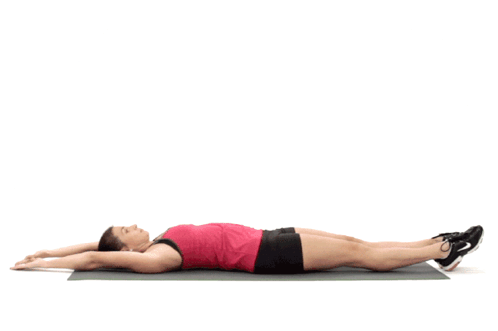
Upper Body Exercises
- Push‑Up Variations (Standard, Diamond, Decline, Incline): Scan shoulders back, lower to chest, and press up.

- Pike Push‑Ups: Hips high, lower head toward ground to target shoulders.
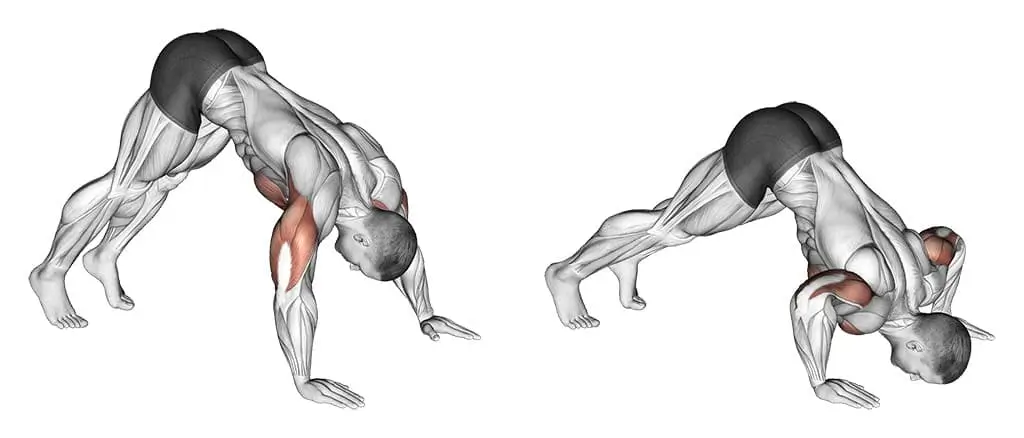
- Pull‑Up Progressions (Assisted, Banded, Negative, Full): Emphasize scapular engagement and full range.
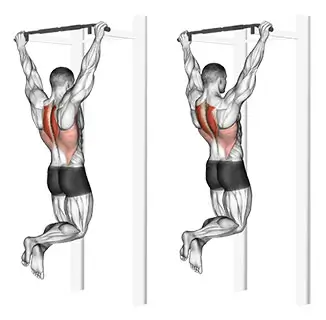
- Dips (Parallel Bar, Ring): Lower chest between bars, press up, keeping elbows tight.
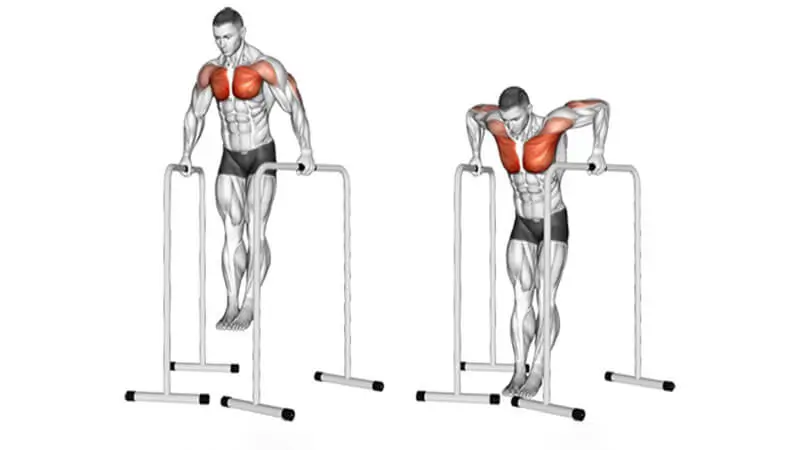
- Handstand Push‑Up Progressions: From wall support to freestanding, focus on controlled descent and press.
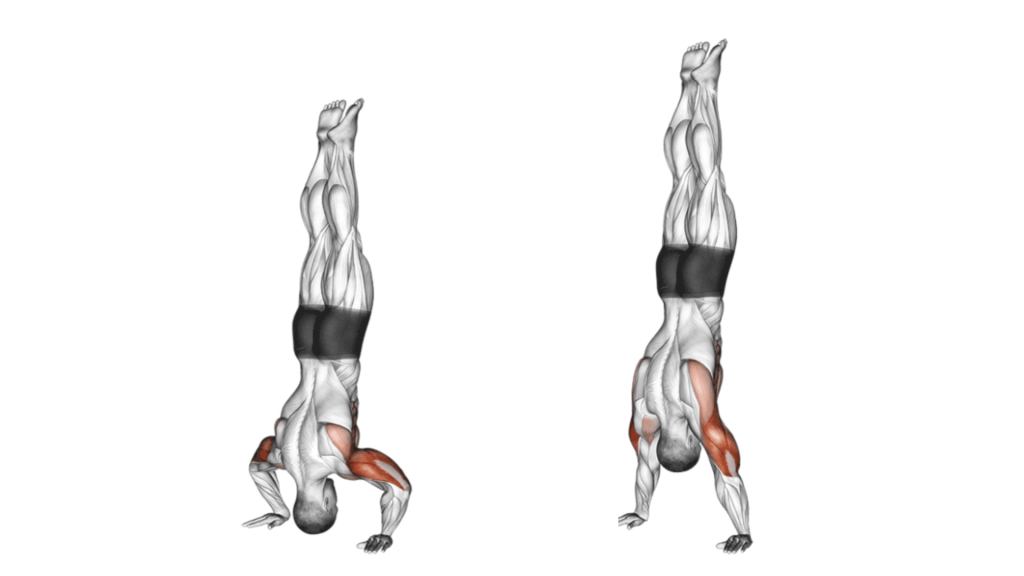
Lower Body Exercises
- Squat Variations (Air Squats, Jump Squats, Pistol Squats): Depth and control build strength and balance.
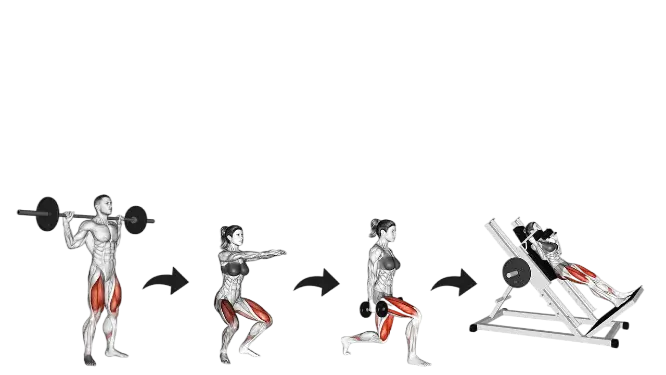
- Lunge Variations (Forward, Reverse, Walking): Ensure front knee tracks over toes.
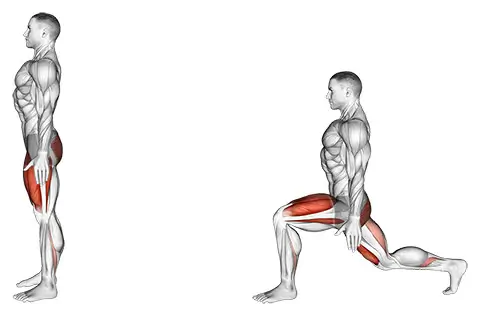
- Calf Raises: Full stretch at bottom, full contraction at top.
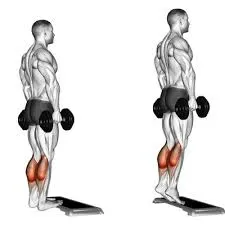
- Glute Bridges: Drive hips up, squeeze glutes, hold at top.

Mobility and Flexibility Exercises
- Shoulder Dislocates: Use a band or stick, go overhead and back with straight arms.
- Wrist Stretches: Palm and knuckle stretches to prep for weight-bearing.
- Hamstring Stretches: Seated or standing, hinge forward with a flat spine.
- Hip Flexor Stretches: Low lunge position, tilt pelvis posteriorly.
Common Mistakes to Avoid: Rushing progressions, neglecting wrist and shoulder prep, and skipping flexibility drills.
Gymnastics Skill Progressions
| Skill | Progression Steps |
| Handstand | Wall Facing → Wall Backing → Kick‑Up Practice → Freestanding |
| Pull‑Up | Dead Hang → Scapular Pull → Assisted Pull‑Up → Full Pull‑Up |
| Muscle‑Up | Ring Support Hold → False Grip Pulls → Transition Drills → Full Muscle‑Up |
| Splits & Bridges | Active Stretch → PNF Stretching → Loaded Bridge Holds |
Pro Tip: Dedicate specific sessions to skill work—15‑20 minutes of focused practice for each skill.
Designing Your Full-Body Gymnastics Workout
- Exercise Selection: Combine 2–3 core drills, 3–4 upper‑body moves, 2–3 lower‑body exercises, and mobility work.
- Sets & Reps:
- Strength/Skill: 3–5 sets × 3–8 reps or holds for time (10–30s)
- Endurance: 2–3 sets × 12–20 reps or circuits
- Rest Periods:
- High Skill Demands: 90–120 seconds
- Endurance/Conditioning: 30–60 seconds
- Frequency: 2–3 weekly sessions, with rest or active recovery days between.
- Warm‑Up: 5–10 minutes of joint articulations, band work, and light holds.
- Cool‑Down: 5–10 minutes of static stretching and foam rolling, focusing on wrists, shoulders, hips, and spine.
Sample Full Body Gymnastics Workout Programs
| Program | Exercises (Sets × Reps/Holds) | Rest |
| Beginner | Plank (3×30s), Push‑Up (3×8), Air Squat (3×12), Hollow Hold (3×15s), Wrist Prep (2×30s) | 60s |
| Intermediate | L‑Sit (4×15s), Pike Push‑Up (4×6), Pistol Progression (3×5 each leg), Side Plank (3×20s), Bridge (3×10s) | 45s |
| Strength Focus | Ring Dip (5×5), Assisted Pull‑Up (5×5), Pistol Squat (4×6), Handstand Hold (4×20s) | 90s |
| Endurance Circuit | Circuit × 3: Jump Squat (15), Push‑Up (12), Lunge (12 each), V‑Up (15), Shoulder Dislocate (10) | 30s |
| Flexibility Program | Splits Stretch (3×30s each), Bridge Prep (3×20s), Hamstring Stretch (3×30s), Wrist Stretch (3×30s) | 30s |
| At‑Home Program | Incline Push‑Up (4×10), Reverse Lunge (4×10), Tabletop Hold (4×20s), Knee Tucks (3×12) | 45s |
Safety and Equipment Considerations
- Start with Basics: Master form before advancing.
- Warm-Up Thoroughly: Prioritize wrists, shoulders, and hips.
- Use Parallettes or Blocks: Reduce wrist strain on L‑sits and push‑ups.
- Rings & Pull‑Up Bar: Ensure secure mounting and gradual introduction.
- Crash Mats: These are for handstand and strength skill practice.
- Consult a Coach: Especially when learning complex skills like muscle‑ups.
Troubleshooting Common Problems
- Wrist Pain: Incorporate wrist mobility drills, use parallettes.
- Shoulder Discomfort: Scale back to assisted variations, strengthen scapular stabilizers.
- Limited Flexibility: Dedicate extra time to active and PNF stretching.
- Fear of Falling: Practice against a wall or use a spotter when learning handstands.
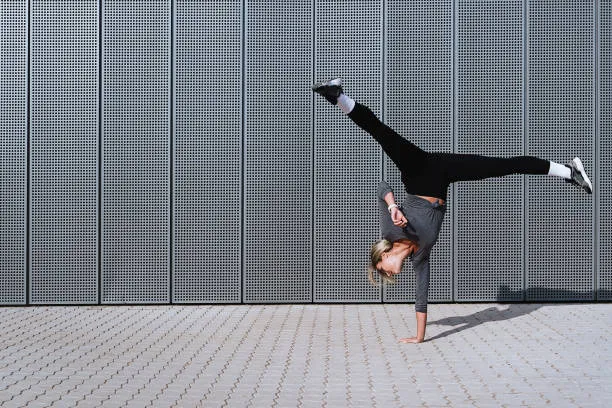
Conclusion
A full-body gymnastics workout offers unparalleled strength, flexibility, and body control, transforming your physique and movement quality. You’ll unlock new functional fitness levels by following progressive drills, balanced programming, and consistent practice.
Ready to elevate your training? Pick a sample program, challenge yourself with a new skill progression, and share your gymnastics journey in the comments below!


